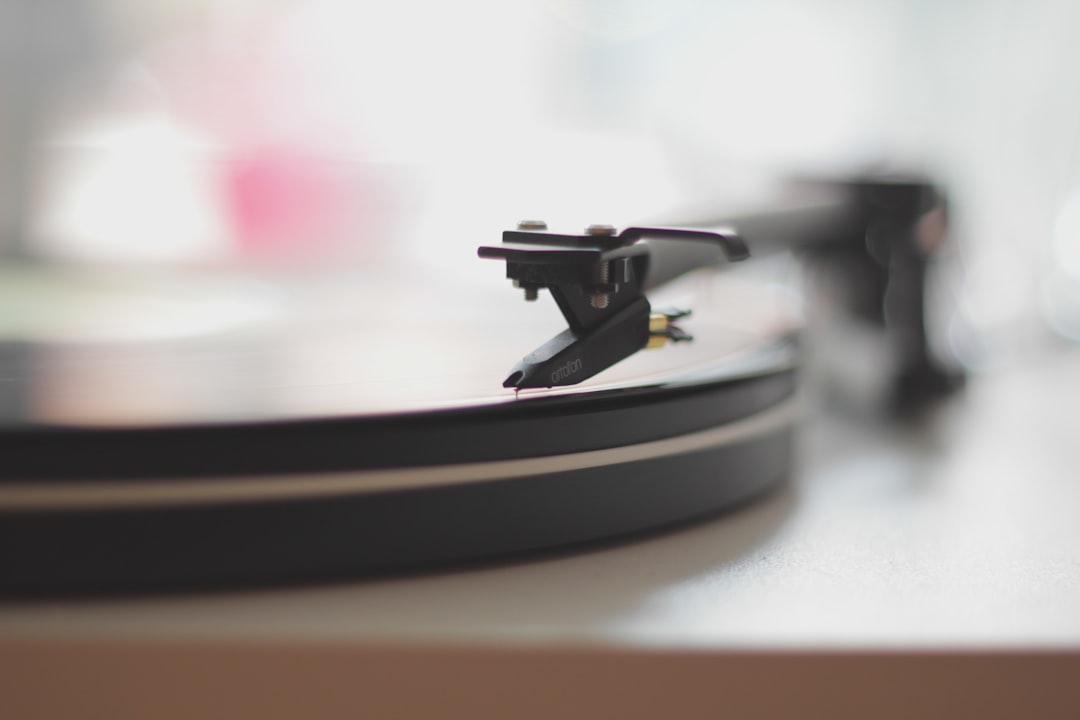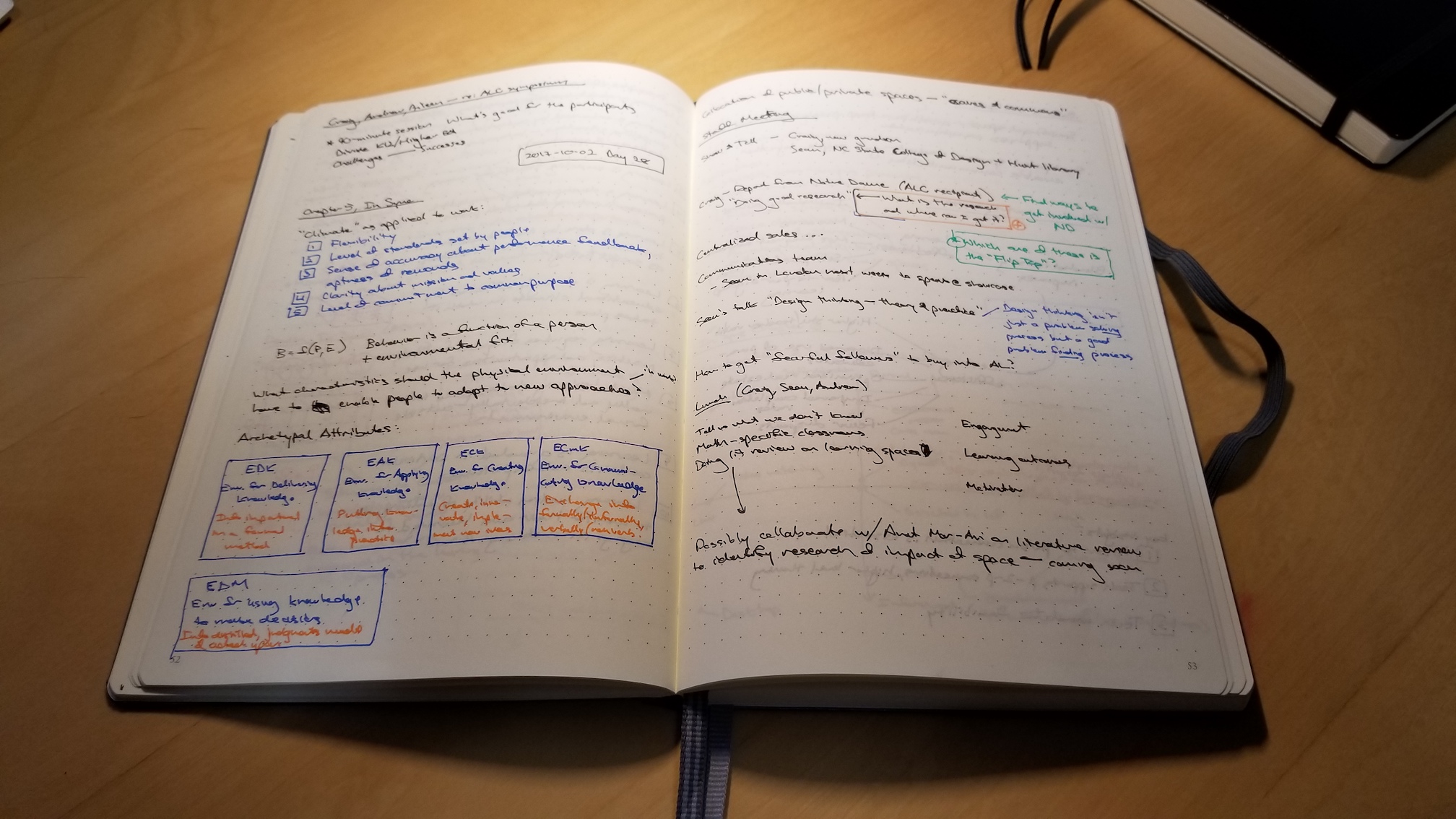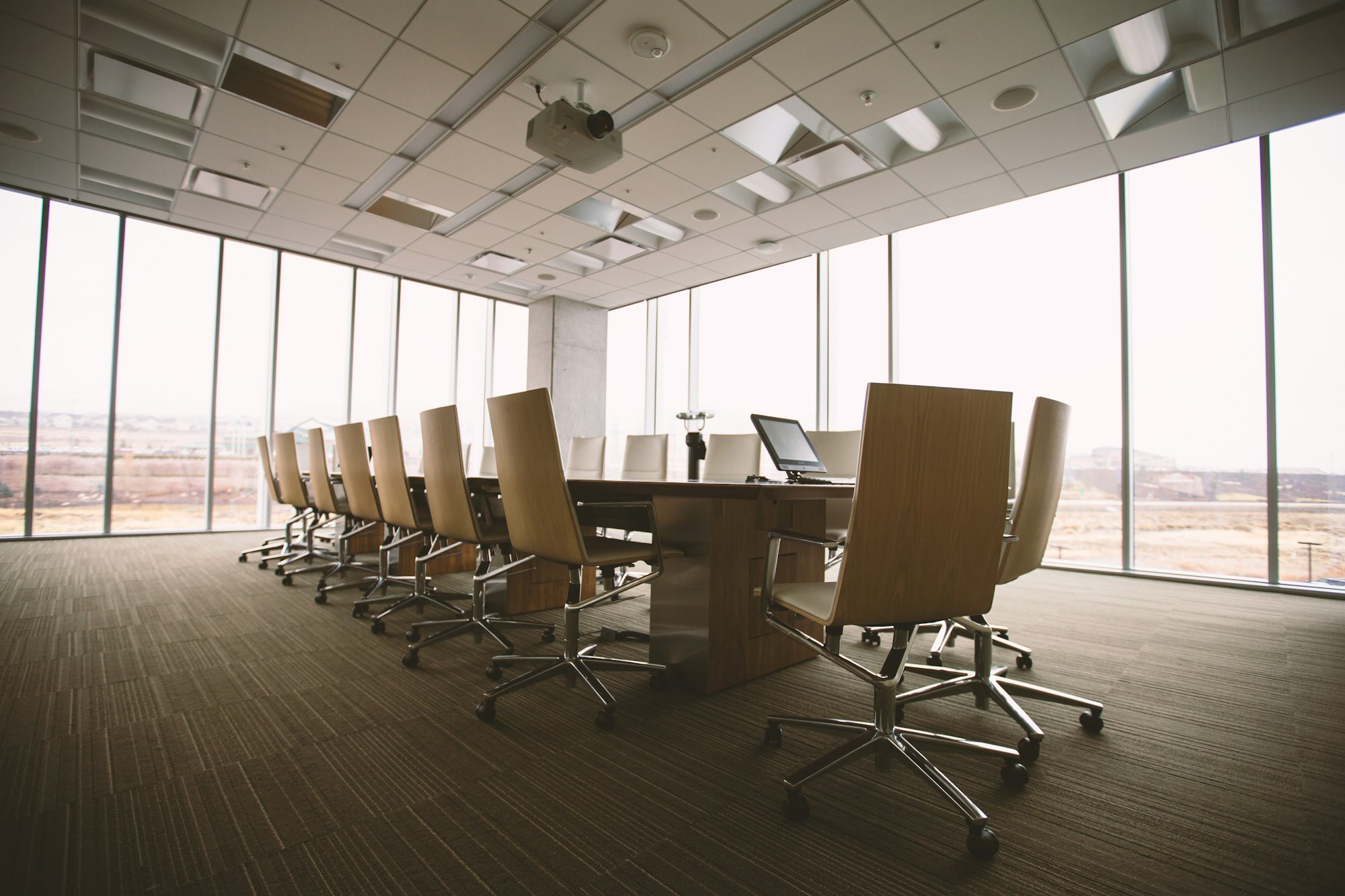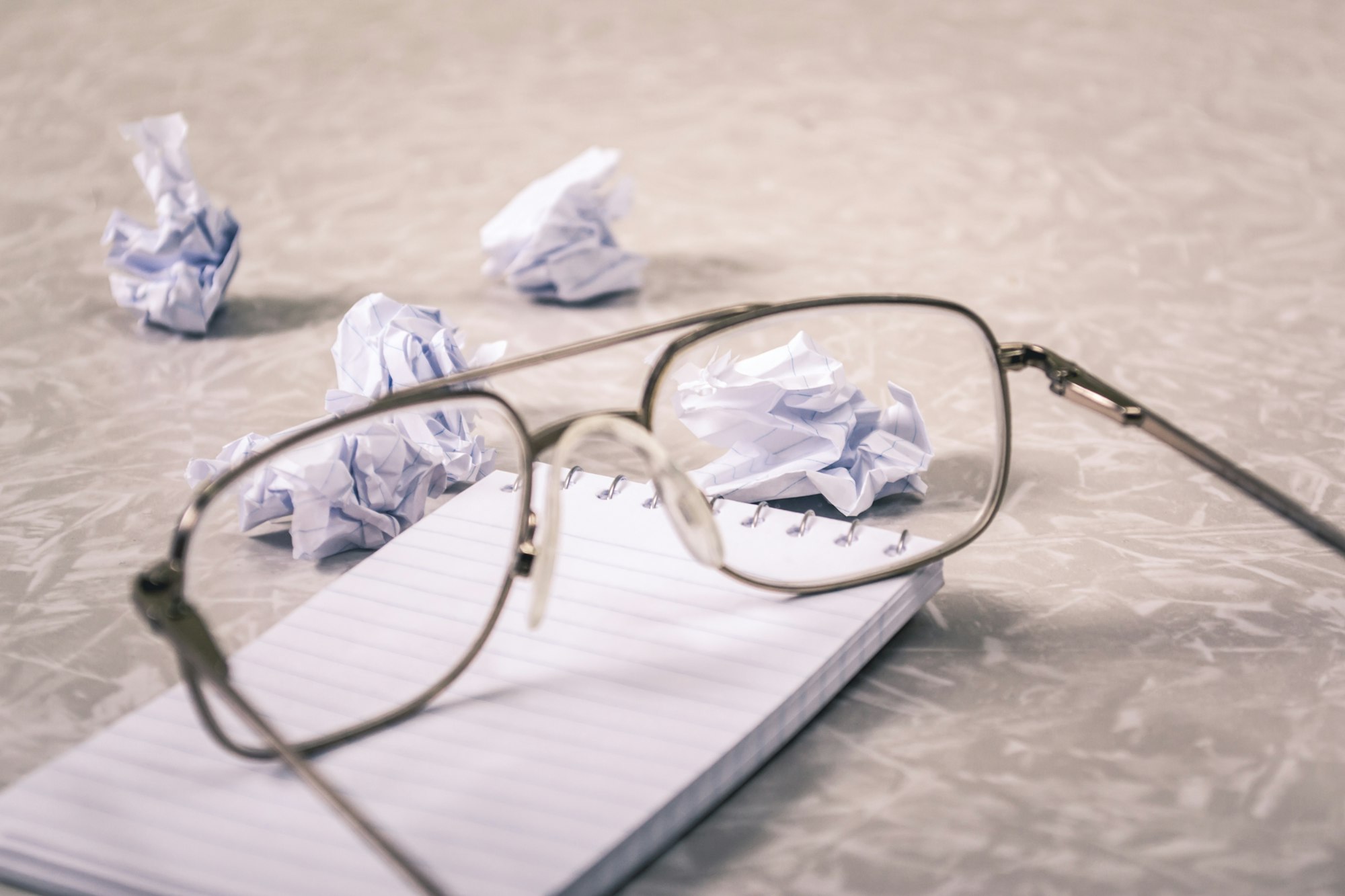Returning to analog and putting digital in its place

Digital technology has been a huge part of my life ever since I was a kid. Back in the 80's, I was a nerd in junior high school in rural Tennessee. Back then, it was just assumed that if you were a smart kid, you should like computers and know things about them. Also back then, there was no such thing as a cheap computer. My family couldn't afford even the cheapest one, and my school somehow managed to purchase two Apple IIe's that sat in the library. When we got an Atari 2600 when I was 13, it was like we were finally living in the future. A couple years later, my parents were able to buy me a TI-99/4A computer, in which which promptly immersed myself nearly 24/7, playing games and writing programs in TI-BASIC. I taught myself algebra learning how to write a programs that would center text on the screen, or randomly generate Dungeons and Dragons stats. Thus, a lifelong fascination with digital technology was born.
Fast-forward to today. Computers are cheap, ubiquitous, and powerful[1]. Because of this, I've been able to digitize and automate big parts of my life. I have tried as much as possible to go paperless with my teaching, for example. I kept my personal journal through an app. I dump my receipts into Evernote. I read books on a Kindle. And of course for years I've been exploring ways to incorporate digital technology more and more into my teaching. It should come as no surprise that digital technology still plays such a large role in my daily life and work.
What might come as a surprise is the fact that over the last couple of months, I have gradually decided that a line has been crossed. I've decided that digital technology takes up too much of my life, and I am taking some deliberate steps to draw it down and return to analog, where it makes sense.
How this happened
There were two things that happened this past summer that got me on this path.
The first has to do with my kids (ages 8, 11, and 13). For one half of each summer, my primary role is that of stay-at-home dad to my three kids, ages 8, 11, and 13. I'm done with school in late April and the kids are done in early June. So from mid-June through August, I have basically one job: To keep my kids healthy, happy, fed, and engaged with the world around them.
It turns out this is extremely hard work[2].
In summer 2016, I was working feverishly on my book and I am sorry to say that I would very often plant my kids in front of the TV or their tablets and let them entertain themselves all morning, into the afternoon and sometimes the evening when I really needed to get writing done. There were days when all of us logged 6, 8, or even more than 8 hours a day on a screen. Nobody enjoyed this. So this past summer (2017), with the book published and with no teaching or research responsibilities heading into my sabbatical, I promised them things would be completely different. We had all day/every day to do fun stuff and stay active and keep screen time to a minimum.
This started off well. We took day trips and walks around the neighborhood. There was a lot of hanging out with school friends who live nearby. Screens did not take up a major part of our day... at first. But ever so gradually, we (all of us, not just the kids) would find ourselves retreating to the interior world of the screen for more and more of the day. Eventually it got out of control. Attempts to limit screen time to certain parts of the day never worked out. I'd hear noises from my 13-year old's room at 2:30am and walk in to find her giggling at YouTube videos (she'd then sleep until 1:00 or 2:00pm). When I'd tell my son to take a 30-minute screen break, he would comply, but then sit on the ground looking at his watch, literally counting down the seconds until he could get back online.
I finally decided that digital technology was ruining, rather than enhancing, our life as a family, and something needed to be done.
The second thing that happened was that around the same time, I read an amazing book, on the recommendation of one of my now-colleagues at Steelcase. That book was The Revenge of Analog: Real Things and Why they Matter by David Sax.
Sax's book is about the surprising resurgence of analog objects in our lives and what this means about us as people. Vinyl records, board games, paper notebooks, brick-and-mortar bookstores --- we thought they were extinct, but they are making a surprising comeback, and not just among hipsters. Sax makes the point that by moving so far into digital territory, we gave up part of what makes us human. Analog experiences on the other hand engage our senses and connect us to other people in ways that digital struggles, often outright fails to do. The return to analog signals a larger yearning to reconnect with our own humanity.
I had a smile on my face the entire time I was reading Sax's book because I knew exactly what he was talking about, and the mere reference of analog brought back memories of how these things make me happy in a way that digital technology, as fascinating as it is, does not. For example I used to love getting Moleskine notebooks and writing in them with fountain pens. Finding handwritten journal entries from important moments in my past reminds me of who I am far beyond stumbling across an Evernote note I wrote years ago. Playing a board game with my son connects me with him --- and probably uses more of our brains --- than playing Mario Kart. Libraries and bookstores play a much bigger role in my life than my Amazon.com visits.
I finished this book --- which I read in paper form, of course --- in three days, and I decided that through this experience and the issues ith screen time with the kids, God was telling me something about the role that digital should be playing in my life. So at that point, I decided I would take deliberate steps to pull back, way back, with digital technology and start going analog.
Three things I've done
I haven't completely eliminated digital from my life, and I don't intend to, because very often digital tools are the best or ony tools for a job. But I've focused on being intentional about thinking about whether a digital tool is the best thing for the time, context, and task at hand rather than just defaulting to digital every time. For me, this has coalesced around three programs.
- Eliminating all screen use between 8pm and 7am. Screen time was simply taking up too much time in my life and my kids' lives. Also, being on a screen right up until bedtime, like I often would be, was having major negative effects on my sleep. So we set a rule in our house that all screens must be put away at 8:00pm every night. That includes my screens. So now, each night at 8:00pm, we have a ritual where all devices are turned off, stored and/or plugged in, and we do something offline for an hour before turning in. We don't always follow this rule rigorously, and sometimes there's considerable teenage huffing and puffing about it. But the kids have come to accept it, and honestly this is the best time of the day for us. Sometimes we play board games, sometimes we read books, sometimes we just hang out. For the kids, they get their screens back before they leave for school. For me, I deliberately avoid my screens until I've done my morning prayer times and exercise[3], so I am offline at least 11 hours a day. Just the simple act of not checking email and social media first thing in the morning has improved my mood.
- Making paper a part of my daily workflow. After reading Sax's book, I got out an unused Moleskine notebook that was sitting on my shelf and starting experimenting with using it for various notes. I instantly remembered how much I love writing, just the physical sensation of it and the flexibility of analog tools. So, before starting my sabbatical, I bought a Leichtturm 1917 notebook that I set side for capturing all sabbatical-related work:

It's been a revelation to use a paper notebook for this. Before, when I'd go and visit Steelcase, I would try to take handwritten notes using my iPad, or use Evernote. It was always fussy and frustrating: The wifi wouldn't connect, for example. Or, the pen would lag on my iPad and the resulting notes were illegible. Or, I was using Evernote and couldn't easily hand-annotate what I was typing; or using OneNote and experiencing horrific data corruption and sync issues[4]. This simply never happens to paper. You do what you want and the tool lets you do it.
For doing research notes, I've settled in on a hybrid paper-digital system. I use Google Drive to store research papers, and Mendeley to organize and annotate them. When I actually read the papers, I read them on my digital devices while taking handwritten notes in my sabbatical notebook; this helps me make free-associative connections while I'm reading, jot down questions, draw diagrams and visualizations, and so on. Then, when I'm done, I type up a summary and analysis of the paper in an Evernote note so I can easily search for it later. Sometimes I include a photo of my paper notebook page in the Evernote note. I like this system because it leverages the best of both the digital and analog tools: Digital for storage, linking, and searching --- analog for creativity and free thinking.
I've also ditched my electronic personal journal. For years I kept this on DayOne. Then, predictably, DayOne went to a subscription model and no longer supports the earlier version of the program. Right around the time this happened, for some reason my older journal entries became duplicated, with several dozens of entries having 20 or 30 duplicates that I could not purge unless I did it one by one, and there was no software that would do it for me. I again thought of how cool it was back in the day when I hand-wrote my journal. So after a brief experiment with keeping my journal in an encrypted text file (clunky) I just bought another Leichtturm 1917 journal and write in it every day.
- Using analog tools in teaching. I'm not actually teaching right now and won't be until August 2018. But, based on the above experiences as well as what I've seen at Steelcase, I will definitely be backing off the all-digital-all-the-time approach I was using in my classes next year. Steelcase is in some ways the epitome of analog; in practice, their design work has a strong deliberate focus on using analog and digital tools together. (I wrote about this here with the class observation of a combined literature and history class that used whiteboards and sticky notes along with Google Slides to perfection.) In the past, some of my most effective lessons have been when we use physical, analog objects, for example when we made this toy Enigma machine out of paper and a Pringle's can in my cryptography class, or when we learned sorting algorithms by implementing them to manually sort a deck of cards. I'm signed up to teach a hybrid section of Calculus 1 next fall, and this is a perfect place to combine digital and analog --- analog when we are meeting face-to-face and digital when we aren't.
What's next
I'm really enjoying the reintroduction of analog into my life and the corresponding reduction of digital. I feel like I am finally putting technology in its proper place. I still have the same nerdy childlike fascination with digital technology and I still intend on studying how computers can be used to improve education. But it's been good to draw some lines in the sand and set boundaries on how far I'm willing to let digital technology go with me, my family, and my work. Healthy skepticism about digital, I've decided, is a good thing.
One frontier along these lines for me is social media. I've been involved with social media for a really long time, really ever since it began. I joined Twitter in 2006 when it was still called "Twttr" and only had 10,000 users. I've also been on Facebook and Google+ for a long time and was one of the first people to explore boutique services like Ello, Mastodon, and even Plurk. I have a great appreciation for social media and what it's allowed me to do. I've made friends, built a network and influence, and found many professional opportunities through social media that I don't think I'd ever have stumbled into otherwise.
Even so, I think the time is coming when I will be drawing my social media presence down to nearly zero. I think social media is a lot different and a lot worse than it used to be. No longer does it seem to be a place where you can find fruitful interaction with other people. There is still a lot of that; but mostly social media just seems to be noise. There is a dehumanizing aspect to social media now, I think rooted mostly in politics but which has been going on since long before the 2016 elections, wherein tweets are mostly opportunities for people to post breathtakingly shallow bumpersticker-like thoughts and then high-five those who agree, and character-assassinate those who don't. Twitter just isn't a healthy place these days. Facebook, too, while it lacks the viciousness and banality of most of Twitter, has a tendency to make me compare myself and my less-than-perfect life to the best curated experiences of my friends, which usually just depresses me. Either way, whenever I spend time on social media these days, I end up asking myself: Couldn't I have spent that time in a better way?
I'm not quite ready to simply pack it in and walk away from social media because I think a lot of my friends on Twitter, and social media in general can provide a powerful vehicle for promoting my ideas and my writing. But, one thing this retreat from digital has taught me is that simplicity is good, and time is finite, and the value of digital technologies like social media ends at the point where the noise overwhelms the signal. That's something that all of us should be monitoring.
Here and throughout this post I am conscious of my privilege. Computers are "cheap" and "ubiquitous" for me, certainly, a white upper-middle-class guy with a plum white-collar job. But I'm also aware, thanks to my contact with students from a broad cross-section of society, that this is not the case for everyone, and I don't mean to suggest that what I'm writing about in this post is some universal problem for all people. There are probably millions of smart kids who are in the position now where I was back in 1981 --- feeling like this so-called digital revolution is simply passing them by because they aren't in the right place in life. I think things are getting better on this front, thanks to technologies like the Chromebook. But we still have a long way to go, and I just want to say here that in this post I am definitely describing a first-world problem. ↩︎
A shout-out here to all the stay-at-home moms and dads out there who do this sort of thing all year long. ↩︎
I make an exception for listening to music or podcasts on my phone while I work out because this isn't really "screen" time. Likewise my son has taken over my ancient second-generation no-internet iPod for listening to music, and he can keep that all night long if he wants. ↩︎
I so want to like OneNote better than I do. It always looks like the perfect tool for things like research notes. The fact is, though, that on the devices I use --- none of which are Windows machines --- OneNote has never worked well for me. There have been sync issues, data corruption issues, and the confusing mess that is "Microsoft 365" such that I am never sure which Microsoft account I am logged into (I have three of them) and stuff ends up in the wrong place. OneNote is a Microsoft product, and it follows that on non-Windows machines it will always be three or four steps behind where it is on Windows. If I ever somehow start using a Windows machine, I might give it another look, but for now I get better results with paper + Evernote. ↩︎


